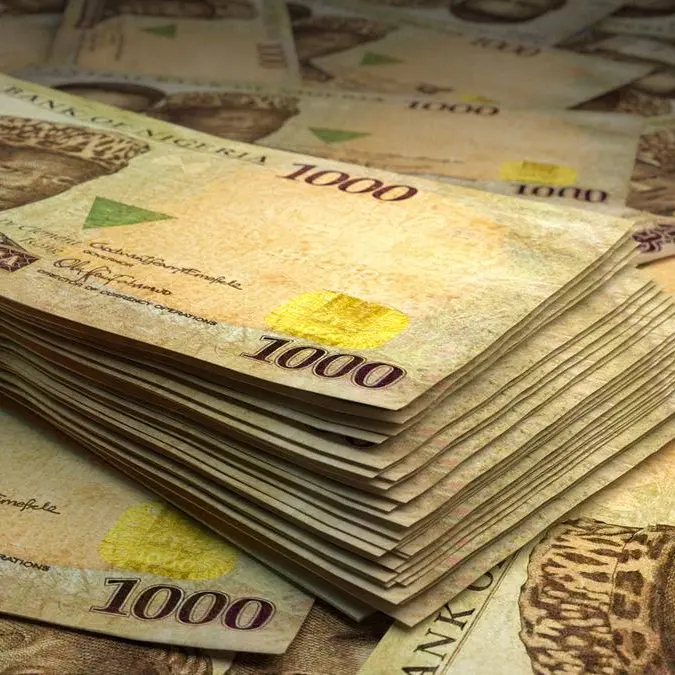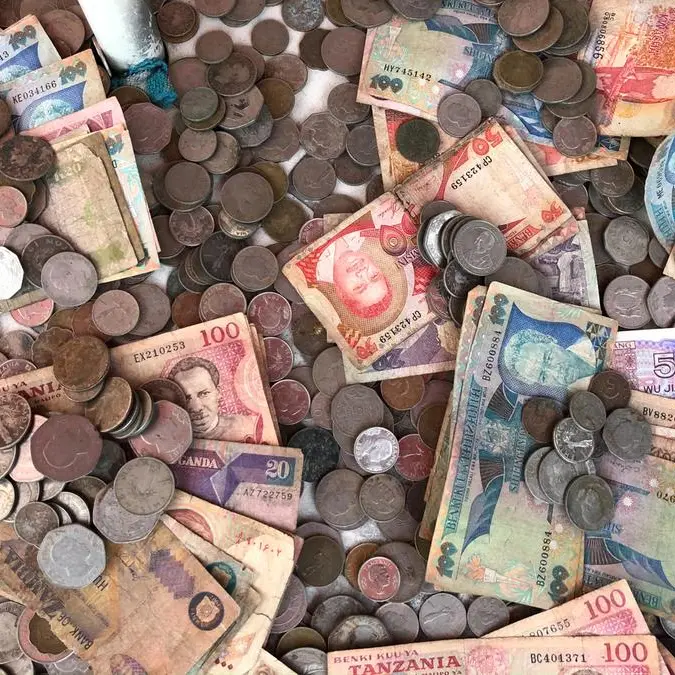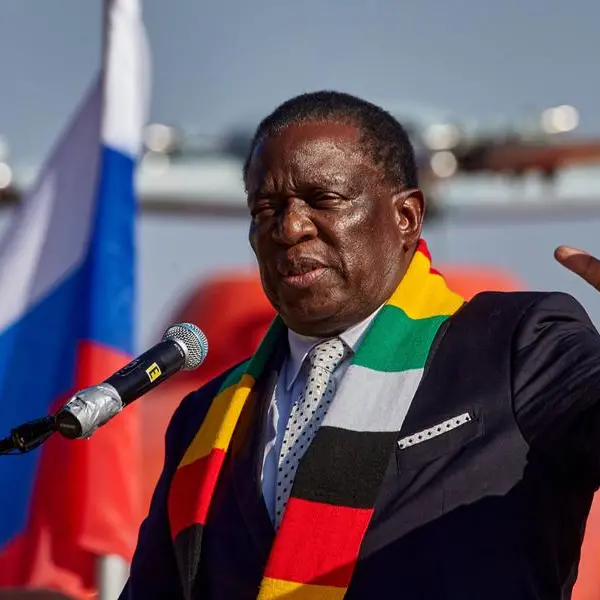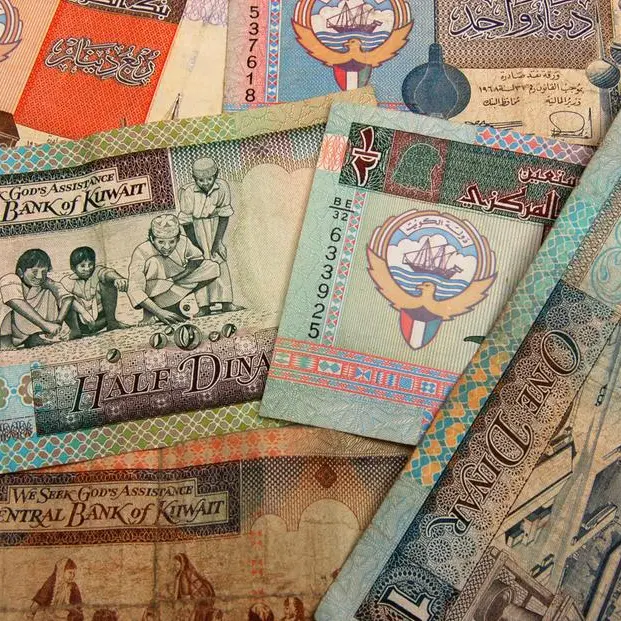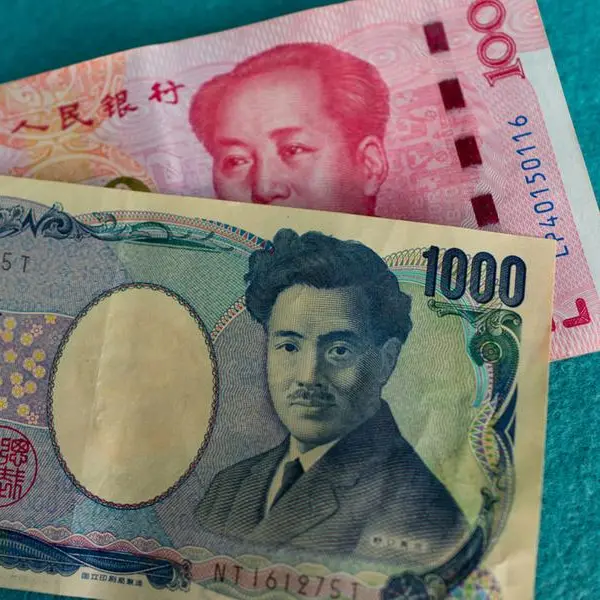PHOTO
GCC investors should look at high-grade bonds and diversify into international portfolios to protect their wealth against geopolitical risk in the region, said UBS’ Chief Investment Officer for Global Emerging Markets.
Select hedges, including exposure to gold and oil, can be used to further protect local assets, said Michael Bollinger, while addressing a media roundtable on investments in emerging markets.
According to UBS, emerging market (EM) bond performance has typically been positive in the six months following the first US policy rate cut, although the extent varied for each cycle. The first Fed rate cut delivered in September was no exception — it supported EM bond performance over the last month.
“We expect EM bonds to benefit from easing global financial conditions and from a decent global economic growth outlook, notwithstanding the possibility of further near-term volatility as markets ponder growth and geopolitical risks,” said Bollinger.
The recent escalation in Israel-Iran hostility, on the back of Israel conflicts with Lebanon and Gaza, have left markets jittery, yet Bollinger remained of the view that the conflict won’t spread from a local into a regional war, despite the probability of an escalation has increased in recent weeks.
“I think sentiments among people in the Middle East is clearly affected. But from an investment focus, as long as the flow of oil is not interrupted, the impact on a globally diversified portfolio will be limited,” he said.
“Obviously, when looking at oil prices, those in the Middle East already have an elevated exposure to market changes. Perhaps, instead of oil, these investors can find additional opportunities in hedges such as high-grade bonds,” Bollinger continued. “Wits this I mean double and triple A rated bonds with a somewhat longer duration, so that in case of an escalation and a possible interruption of oil exports, your portfolio will still remain stabilised.”
“Secondly, if you feel your portfolio needs extra hedges, gold is a great asset to hedge against additional risk,” Bollinger added.
He also warned that market volatility will continue in the coming weeks in the lead up to the US presidential election next month.
“We now see the presidential race as a dead heat. We see a 95% chance the Senate will flip to Republican control, and a 60% probability for a divided government. We continue to believe that investors should not make dramatic changes based on expected election outcomes and should avoid kneejerk reactions based on individual policies,” he said. “Irrespective of who wins, we think positive equity market fundamentals are unlikely to be derailed.”
(Reporting by Bindu Rai, editing by Brinda Darasha)



